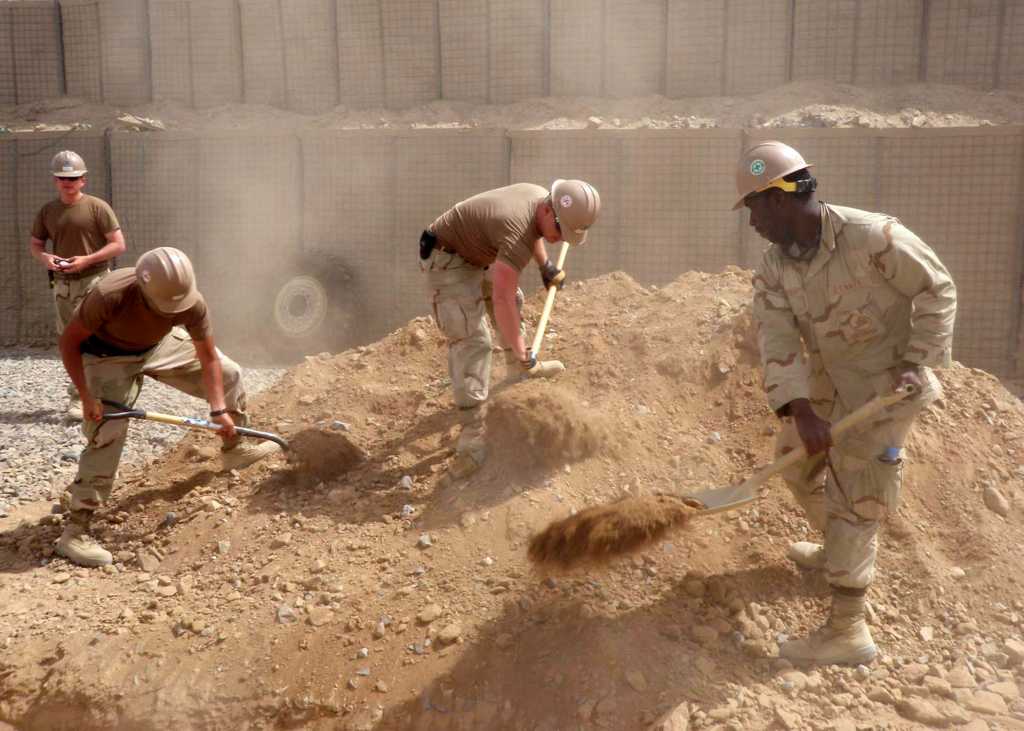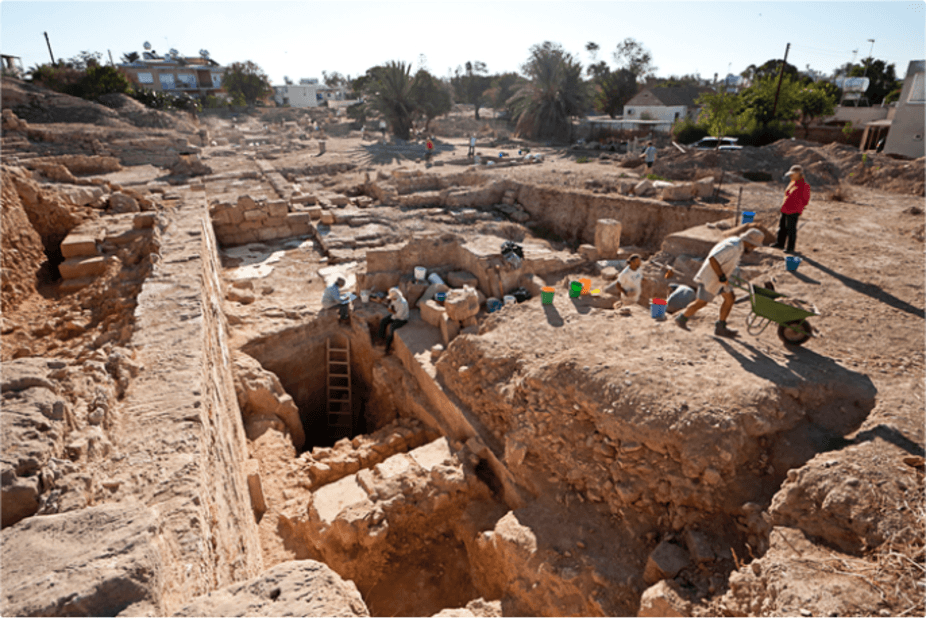Are you analytical and perceptive? Are you a fan of what Doctor Jones does in the popular series Indiana Jones or Ranveer Singh’s portrayal in Lootera in Bollywood? If the answer to the above questions is yes, then Anjali Shetty brings the perfect career choice for you- Archaeology
The study of ancient and recent human past through remains is archaeology. An archaeologist presents a perspective on history and culture after drawing information from the past. The science helps us understand how people lived, the changes they made, the transformation, cultures, patterns and lifestyles.
To make things simple, we interviewed Professor Vasant Shinde, Vice Chancellor, Deccan College, Pune. Professor Shinde has a BA in History from the University of Poona and a Master’s Degree (First Class) in Archaeology from Deccan College, Deemed University. He completed his PhD in Protohistoric Archaeology on Early Settlements in Central Tapi Basin from the same University. He has been teaching the Post Graduate course in Archaeology since 1982. “I started my career in 1979. During this time there was a lot of confusion about the gap between history and pre-history. This led us to discover sites in Maharashtra and North West region of the country where we surveyed a large area and brought to notice a number of sites. Now we know that the settled life in the region of Maharashtra started in 2000 BC that is 4,000 years ago. This has helped bridge the gap between the historic and pre-historic period,” says Professor Shinde who is presently working on a very prestigious research project at the largest Harappan site of Rakhigarhi in Haryana. We all are aware of the Harappan civilization and we know of their lifestyle. Unfortunately, no effort was made to convey their routines and lifestyles to common people. Professor Shinde adds, “We want to showcase Harappa’s contribution to the country and the world. There is so much to learn from them. To understand their ways, you have to understand their base. You need to go to the roots. Their achievements were not sudden. Their lifestyle, if adopted, can make a remarkable change in our living.”

Archaeology helps maintain the traditional knowledge system which is dying in our country. Archaeologists are working towards, ‘How archaeology is going to be relevant to modern society’.
Professor shares that archaeology as a profession is definitely gaining popularity. In addition, the government of India has realized its importance too. Countries like Egypt and Italy has encashed on their history to boost their economy. Similarly, India has the potential to up its tourism with the help of archaeology. “This will lead to requirement for experts in the field of museology and archaeology. Students studying archaeology can suggest changes and variations to government to make things better. They can play an important role in preserving and conserving sites. They can create awareness at the grassroot level thus ensuring our history remains in safe hands.”
Historical remains are spread across the country and it is not practically possible for the government to look into all of it. Here, common people need to come in huge numbers and support the cause. “The scope of archaeology is increasing and many more youngsters should come forward to be a part.”
So, what has been the best and worst part of being an archaeologist? “Well, the best part is that I have been able to contribute to my country. The worst part is that I have ignored my family in the bargain. You have to lose to gain. That being said, one has to learn to balance their profession and personal life. You can’t blindly keep going. You have to draw the line.” The do’s and don’ts of being an archaeologist include a keen interest of going out and exploring. You cannot just sit in the library and expect to make a discovery. Research is necessary; so is practical moving. One has to adventurous and ready to experiment. A skill in photography is important as well. It will help while documenting a site.

Professor Shinde has completed 16 major research projects, generating over Rs.2 crore in research funds from both National and International agencies, in the process of which he has collaborated with scholars and institutes from around the world, from institutes such as the Universities of Pennsylvania and Wisconsin in the United States of America to Cambridge and Oxford Universities in the United Kingdom, to the International Research Center for Japanese Studies and Research Institute for Humanities and Nature (both in Kyoto, Japan), Seoul National University College of Medicine, South Korea, and so on. Presently, he has been directing a very prestigious research project at the largest Harappan site of Rakhigarhi in Haryana.
List of institutes/universities that offer courses in archaeology in India
• MA in Ancient Indian Histor y, Culture and Archaeology at St Xavier’s College, Mumbai
• MA – Archaeology, Deccan College, Pune
• Post Graduate Course in Archaeology at Tamil UnivrsityThanjavur, Tamil Nadu
• Bachelor of Arts (Indian History Culture and Archaeology (IHC)) and Master of Arts (Indian History, Culture and Archaeology) at Faculty of Arts, The Maharaja Sayajirao University of Baroda
• BA/MA (History/Ancient Indian History and Archaeology) at University of Lucknow
• BA (Ancient Indian History & Archaeology) at ChhatrapatiShahjiMaharaj University, Kanpur
• Institute of Archaeolgical Survey of India
• MA course in History and Archaeology at Karnataka Universit y, Dhar wad
• PG Diploma course in Archaeology at Union Christian College, Ernakulam, Kerala
List of institutes/universities that offer courses in archaeology abroad
• University of Akron
• University of New England, Australia
• University of Bristol
• University of Central Lancashire
• University of Worcester
• Swansea University
• Millersville University
• King’s College, London



























